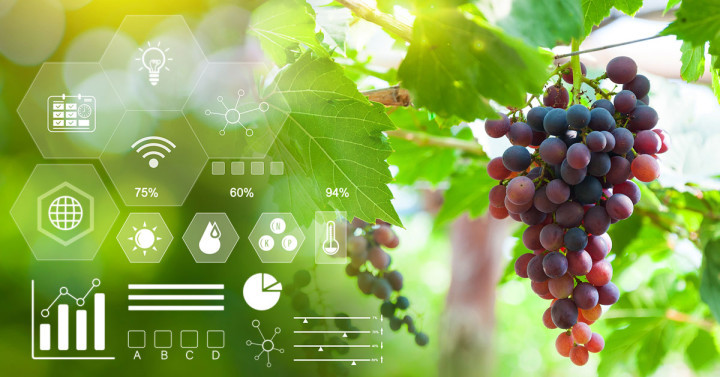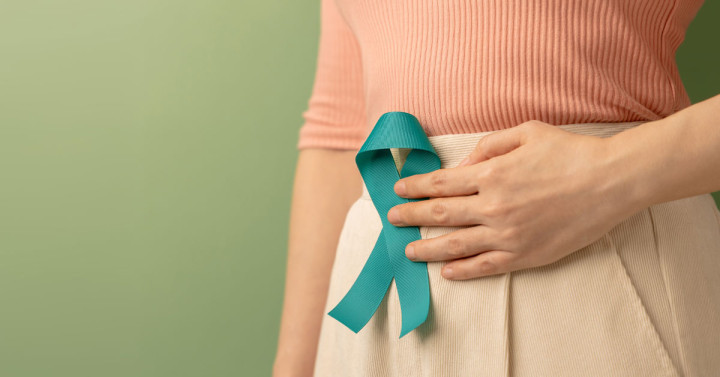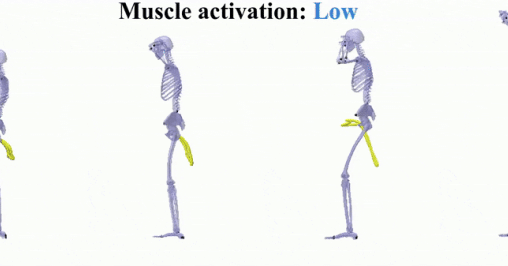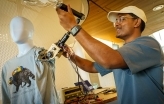UC San Diego Graduate Student Awarded Bloomberg Data Science Ph.D. Fellowship
Shibo Hao, a graduate student in UC San Diego’s Halıcıoğlu Data Science Institute (HDSI) within the School of Computing, Information and Data Sciences (SCIDS), was awarded the Bloomberg Data Science Ph.D. Fellowship.



















